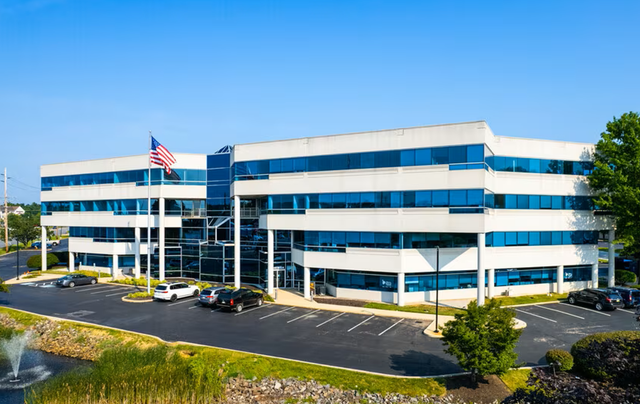In today’s highly-competitive supply chain environment transporting freight isn’t only about the routes or trucks now, it’s about information, flexibility, and having the right systems in place to deal with the unexpected. Your logistics partner must offer more than just basic freight services, whether you’re an entrepreneur who must send out products in time or a retailer having to manage multiple shipping shipments per day. They should provide transparency, control and confidence.
That’s where modern freight brokerage services and technology-driven 3PL providers step in to transform the game.
The Modern Freight Broker – More than an Middleman
In the past the freight brokers were viewed as people who acted as bridges between the shipping industry and carriers. Today, freight brokers are strategic partners who manage transportation complexity on behalf of customers. They negotiate better rates, evaluate reliable transporters deal with disruptions, and prevent expensive delays.
Image credit: translogisticsinc.com
In the end, a good freight broker doesn’t just make you money, they can also help you avoid logistics headaches that could hurt your bottom line.
Translogistics, Inc., or TLI is revolutionizing the relationship between businesses and customers. By offering multimodal freight brokerage services, they allow businesses to shift between parcel, LTL (less-than-truckload), and volume LTL shipments depending on urgency, budget, or customer needs. This flexibility is much more crucial today than it was earlier.
The 3PL Provider: An Additional layer of strategic planning You Don’t Need
It could be time to look into the possibility of a 3PL service company if you’ve got several carriers, are struggling with charges, tracking your shipments manually, or manage claims using a spreadsheet. Third-party logistical partners can help you cut down on time by taking over these tasks that are tedious.
A reliable 3PL provides more than just outsourced services. They offer structure strategies, expertise, and strategy. They can analyze your shipping patterns and suggest more efficient solutions. They also bring tech-driven processes to your logistics department. With 3PLs, you’re no more reacting to issues, you’re preventing them before they start. In an industry which efficiency and transparency are non-negotiable, it’s the tools behind the scenes which often make the greatest difference.
What’s the purpose of a Transportation Management System?
Imagine the Transportation Management System as the control mission of your shipping. It’s the digital brain that allows you to manage, track, and improve your shipping from one system. From checking real-time rate of carrier to creating Bills of Lading and auditing freight invoices, TMS gives you the visibility and control that you’ve been missing.
Translogistics ViewPoint TMS, for instance, was created with these objectives in the front of the mind. It not only compares rates across multiple modes, but also includes the use of AI-powered drag-and-drop to enter shipment data, making it easier to type in the manual process that slows teams down. It’s an example of how logistics technology has evolved to support faster and cleaner operations.
All it boils down to is the notion of partnership.
It’s not only about technology and services, but as well about the people. It’s about having a group behind you who know what’s at stake when a shipment is delayed or a carrier falls through.
That’s why choosing a 3PL provider or freight broker isn’t just a transactional decision.
It’s a decision that’s strategic.
Look for a partner who takes note, is flexible and invests in the technologies that keep your supply chain moving forward. Someone who takes your deliveries seriously and takes them seriously and treats them with the same level of urgency as you do. With the proper support system, the chaos of freight can become an efficient operation, and your business is and better positioned to expand. In the modern world of logistics, it’s not only about moving items. It’s about moving more efficiently.
